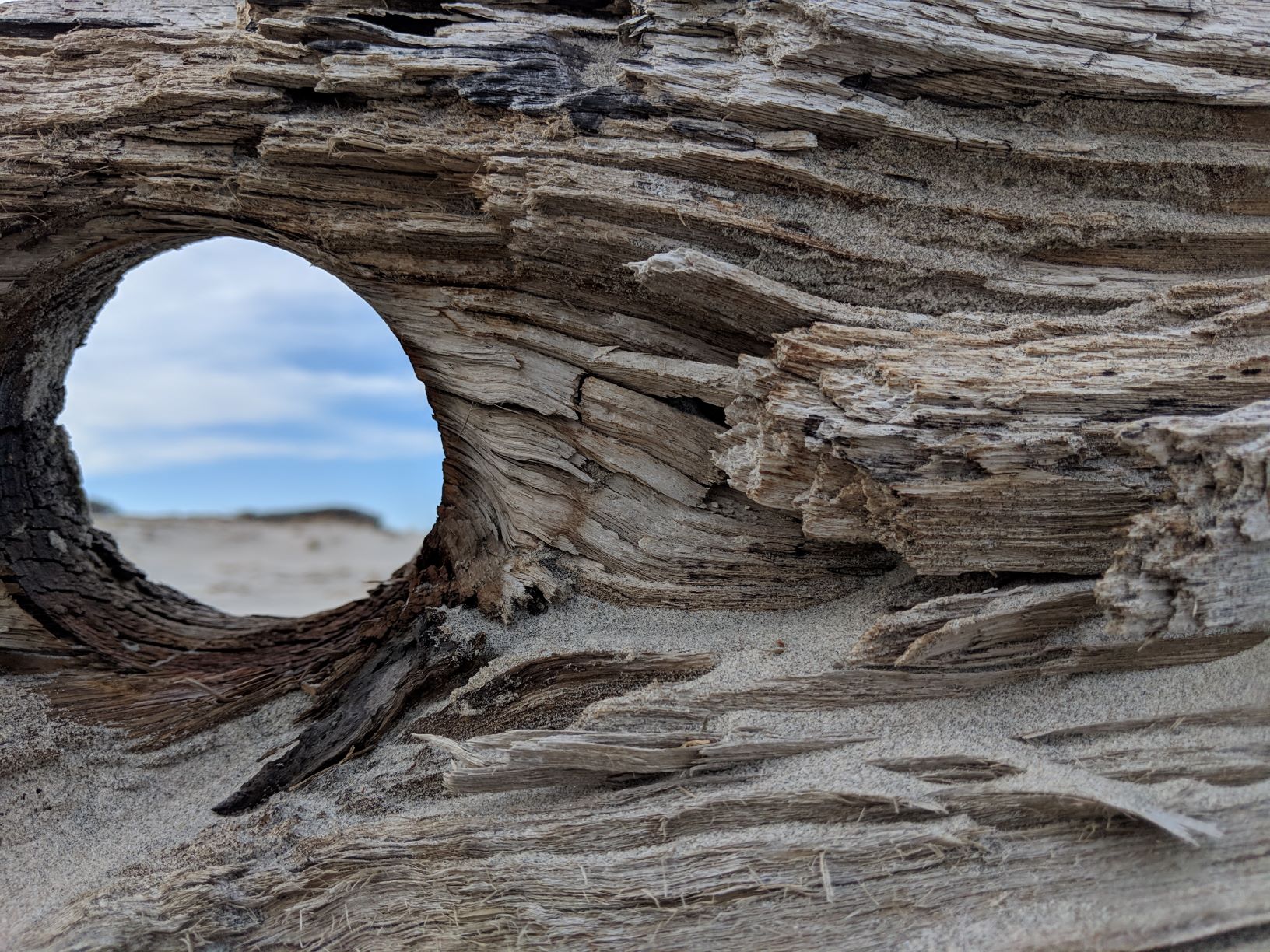
Pursuing happiness is a big deal in this experiment called America. Public education is a big deal, too. Both are under fire.
I think a lot of unhappiness stems from our cultural break from our mammalian roots. (That’s not a thesis, just an idle thought.)
While too many times ethnic celebrations in schools break down into match-the-food-with-the-culture, they do provide a teachable moment when a child of the dominant culture mutters “But I’m American– we don’t have a food.”
And there may be some truth to that.

Mammals need to eat a lot of food, the price of our warm-blooded nature. Most of our furry cousins spend a good part of their waking hours getting and eating food. Much of their social interaction revolves around getting (and sharing) food.
Until very recently (past hundred years or so) much of American social interaction involved the multiple steps needed to eat. “We” cheated a little bit of the time by using enslaving other people, only considered 3/5 of the rest of “us” (and only considered human at all so the South could have a bigger voice in Congress), but still, much of any given day was dedicated to sowing, reaping, slaughtering, prepping, sifting, grinding, rolling, frying, kneading, baking, churning, chopping, hauling, and, well, eating.
Pretty much everything eaten was local and in season, and I’m betting also pretty good most of the year.

How do I know? I am blessed with local, fresh food several times a month. Even in February, I can rake clams from the bay, pluck Brussels sprouts from the garden, cook the clams with rosemary and parsley from the garden, then chase it down with honey wine from my daughter’s bee hive.
You do not need much space to do this, and it doesn’t even have to be yours.

I teach children biology, or at least I pretend to. Hard to teach children about life in a culture that uses Round-Up like water, in a culture where few children have slaughtered anything but mosquitoes, and where too few children have eaten anything they planted themselves.
Child by child I try to change this, but not so they can survive in some post-Apocalyptic world.
No, I just want them to have a shot at pursuing happiness. Real happiness.
What do you think hands are for?






